Exploring the potential of observation in prison settings to identify skills that can facilitate the transition to the job market, volunteers and prison and probation officers are discovering new tools to enhance their capacity to link incarcerated individuals to employment opportunities.
For individuals returning from incarceration, reintegrating into society presents a daunting challenge, particularly when securing employment. Lack of education, training, and job market connections often create significant barriers. These challenges are particularly acute for young people, who may not have had the opportunity to develop the skills and experience that employers are looking for.
The NEXT STEPS project is a European Union-funded initiative working to develop and test a process chain for the placement of former detainees in the labour market. The project is also promoting a database of volunteer organisations and companies that are willing to offer internships and jobs to former inmates.
Empowering Through Education: Training workshops for prison staff and volunteers
The NEXT STEPS initiative has held several training workshops for prison staff and volunteers in the participating countries. These workshops have provided participants with information about the project’s goals and objectives, as well as training on how to use the project’s observation tool. This tool aims to enhance the staff’s capacity to objectively record key competencies of inmates that can be of crucial importance for working life, facilitating their induction into relevant professional paths.
One such workshop held online on December 21st, 2023, focused on training staff members of Polisportiva Atletico Diritti, an amateur sports association deeply committed to fostering integration and social cohesion. The teams of Atletico Diritti include incarcerated people and those with criminal backgrounds, as well as migrant and asylum-seeking individuals, and university students.
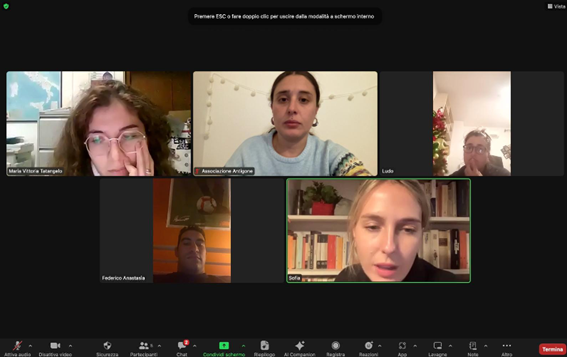
During the training, participants were introduced to the six dimensions composing the observation sheet. They learned how to accurately measure these dimensions and were briefed on common errors to avoid during observation. The session also facilitated discussions collecting feedback from participants with the goal of further adapting the tool to the specific Italian context.
The feedback from Atletico Diritti’s staff highlighted the utility of the observation sheet in collecting information during sports activities (training and matches) and guiding the dialogue with prison educators working with the detained persons.
However, they acknowledged the complexity of evaluating players’ behaviour and abilities through numerical parameters, particularly in the context of psychiatric disorders, substance use, and emotional fragility often observed in prison settings.
Similarly, on January 25th, 2024, at the Lisbon Prison Auditorium, a workshop targeting prison staff in Portugal provided a comprehensive overview of the NEXT STEPS project’s objectives and introduced the observational tools for prison professionals. Attendees included members of the General Directorate of Reintegration and Prison Services (DGRSP), comprising staff from the Leiria Youth Prison Establishment and the Lisbon Prison Establishment.
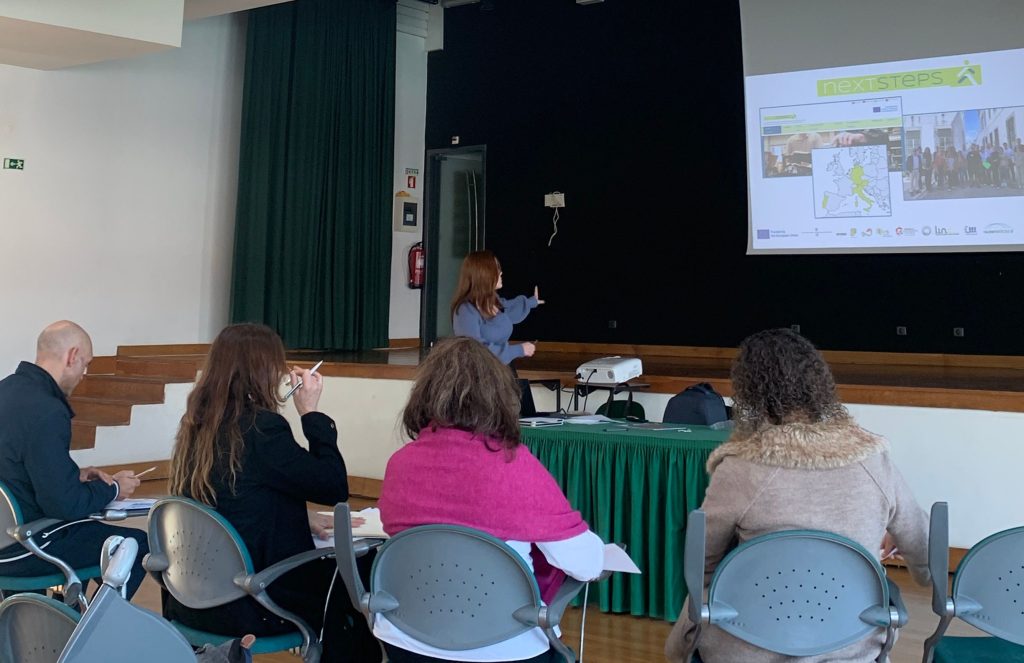
A hands-on segment allowed attendees to utilise the Observation Sheet, fostering a deeper understanding of its implementation in their daily work, and identifying and mitigating observation errors.
One participant succinctly captured the essence of observation’s significance in their work, remarking, “Observation is the starting point for my work – how I interact, how I relate to my colleagues, to the guards.” This sentiment resonated throughout the workshop as attendees reflected on the role of daily observation within the prison environment in contrast with evaluation sessions with reintegration specialists, where individuals change their behaviours.
Yet another impactful workshop was held by the German partners on March 2023, at the JVA Heinsberg Prison, with fifteen social workers and correctional officers. Activities included a survey on staff members’ evaluation of their protégés, theoretical discussions on observation techniques, and immersive role-playing exercises. The session garnered positive feedback, with attendees expressing enthusiasm for the potential of these tools to enhance feedback mechanisms and facilitate prisoner reintegration.
As the NEXT STEPS project advances, the project partners continue working on developing a process chain that describes the targeted placement of prisoners in the labour market across the participating partner countries, helping them to find jobs, internships or vocational training.
Interested individuals can follow the project’s progress through its newsletter and participate in open opportunities to learn more about NEXT STEPS’ innovative approaches, such as the upcoming dissemination event on March 27th, 2024, to be held in Lisbon and streamed online. Registrations for this Portuguese-spoken event are open.
Know more about this project

NEXT STEPS
Development and testing of a process chain for the placement of former detainees as specialists in the labour market
The NEXT STEPS project is led by the Westdeutscher Handwerkskammertag (West German Chamber of Crafts, Germany) in partnership with IPS_Innovative Prison Systems (Portugal), The Austrian Center for Lifelong Learning, two project partners from Germany, namely Base-und Softballvereinigung Wassenberg 01 e.V. (Wassenberg Base and Softball Association) and Talentbrücke GmbH & Co. KG , and three Italian partners: Scuola Costruzioni Vicenza Andrea Palladio (Construction School Vicenza Andrea Palladio), Antigone Onlus, and Linc.
For more information about the NEXT STEPS project, please visit its website.
Related projects

STEP2LAB
Systematic Transition from Prison into the Labour Market
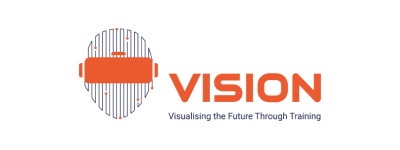
VISION
Visualising the Future Through Training

TRIANGLE
Secured digital education system for vocational skills for youngsters in closed institutions

PREVEX
Preventing Emotional and Sexual Abuse Among Young People

TRAIVR
Training of Refugee Offenders by Virtual Reality

ViRTI
Virtual reality for training inmates

BLEEP
Blended Learning Environment for European Prisoners

VR4DRUG Rehab
Developing and Using Virtual Reality Technology for the Rehabilitation of Drug Users in Probation Services
Related news

From incarceration to the labour market: Innovative approaches to integrating former detainees into the workforce
Read More »
Integrating young justice-involved people through careers in the sustainable Blue Economy
Read More »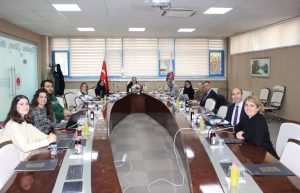
Redefining Rehabilitation: Leveraging VR technology for language-independent and inclusive interventions
Read More »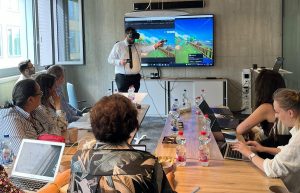
Virtual Reality Training: Advancing the rehabilitation of vulnerable groups under judicial supervision
Read More »

